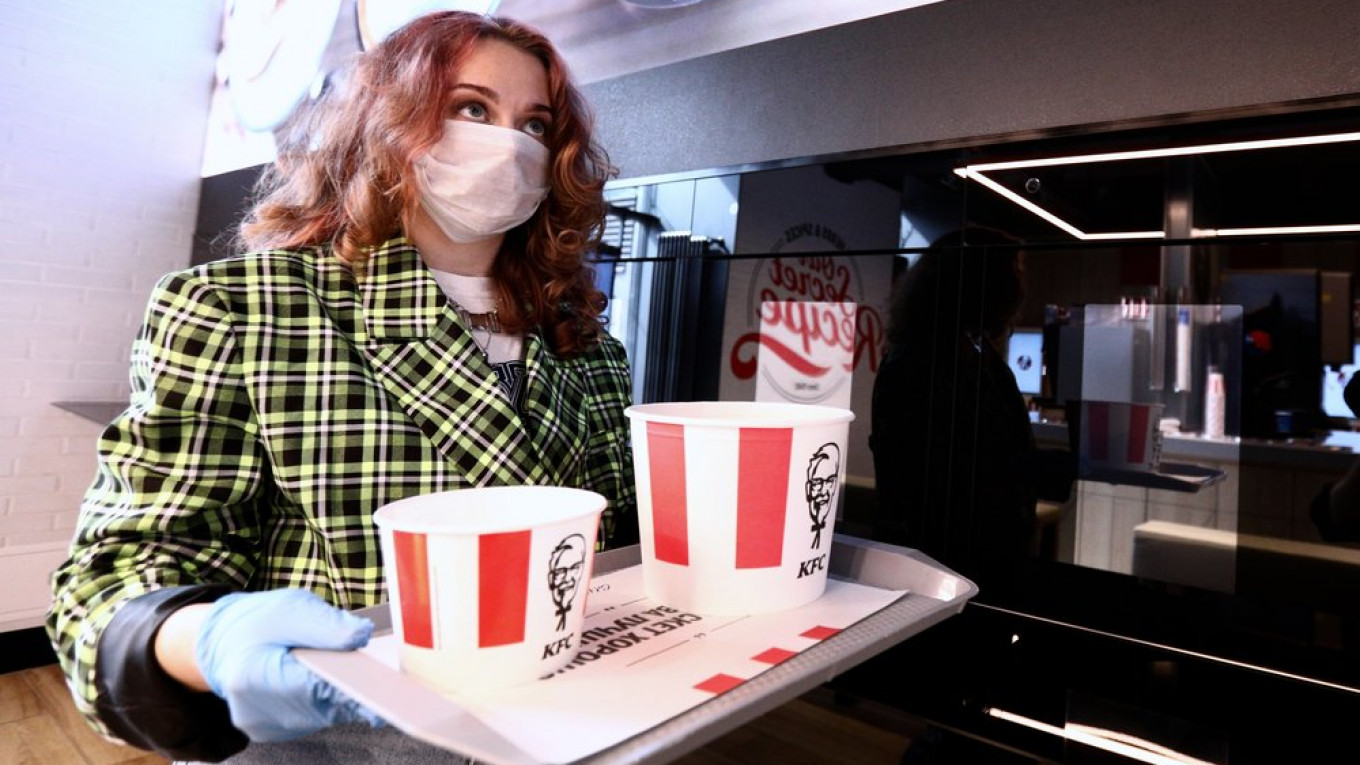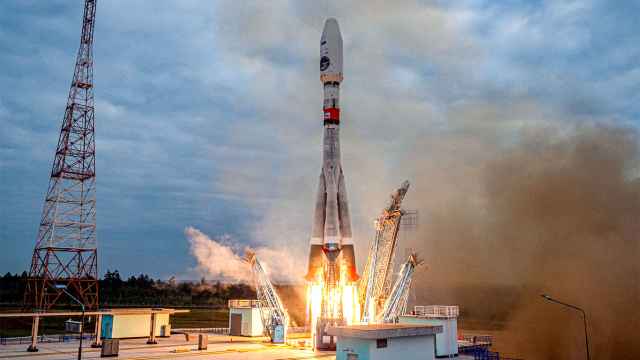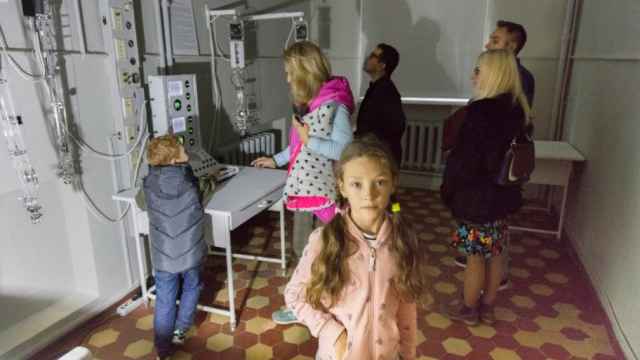KFC has partnered with a Russian biotech research firm to create the world’s first laboratory-produced chicken nuggets this fall.
The fast-food chain and Russia’s 3D Bioprinting Solutions, founded by the private medical firm Invitro, announced the partnership Thursday amid a growing global race to find safe and authentic-tasting meat alternatives.
3D Bioprinting Solutions will use chicken cells and plant material to “reproduce the taste and texture of chicken meat almost without involving animals,” while KFC will provide its signature breading and spices.
The ingredients will be “printed” into chicken nuggets using 3D Bioprinting Solutions' technology.
The idea of growing meat in labs using animal cells has gained popularity in recent years as consumers worldwide seek more ethical and environmentally sound ways to eat meat without resorting to plant-based meat alternatives.
“Receiving a final product for testing is already planned for the fall of 2020 in Moscow,” the Russian company said in a press release.
It was not yet clear when the environmentally friendly nuggets would be available to the public. KFC Russia’s general manager Raisa Polyakova said in the press release that it was “working to make it available to thousands of people in Russia and, if possible, around the world.”
When asked about bioprinting KFC’s more popular chicken wings and legs, KFC Russia’s communications director Irina Gushchina has said it was not yet possible to reproduce bones inside the meat.
Yusef Khesuani, 3D Bioprinting Solutions' co-founder and managing partner, said the experiment “will help accelerate the launch of cell-based meat products on the market.”
Domestically produced cultured meat could appear on Russian shelves as soon as 2023 depending on when it is legalized, according to the Ochakov Food Ingredients Plant, which produced the country’s first artificially grown piece of meat last year.
A Message from The Moscow Times:
Dear readers,
We are facing unprecedented challenges. Russia's Prosecutor General's Office has designated The Moscow Times as an "undesirable" organization, criminalizing our work and putting our staff at risk of prosecution. This follows our earlier unjust labeling as a "foreign agent."
These actions are direct attempts to silence independent journalism in Russia. The authorities claim our work "discredits the decisions of the Russian leadership." We see things differently: we strive to provide accurate, unbiased reporting on Russia.
We, the journalists of The Moscow Times, refuse to be silenced. But to continue our work, we need your help.
Your support, no matter how small, makes a world of difference. If you can, please support us monthly starting from just $2. It's quick to set up, and every contribution makes a significant impact.
By supporting The Moscow Times, you're defending open, independent journalism in the face of repression. Thank you for standing with us.
Remind me later.






